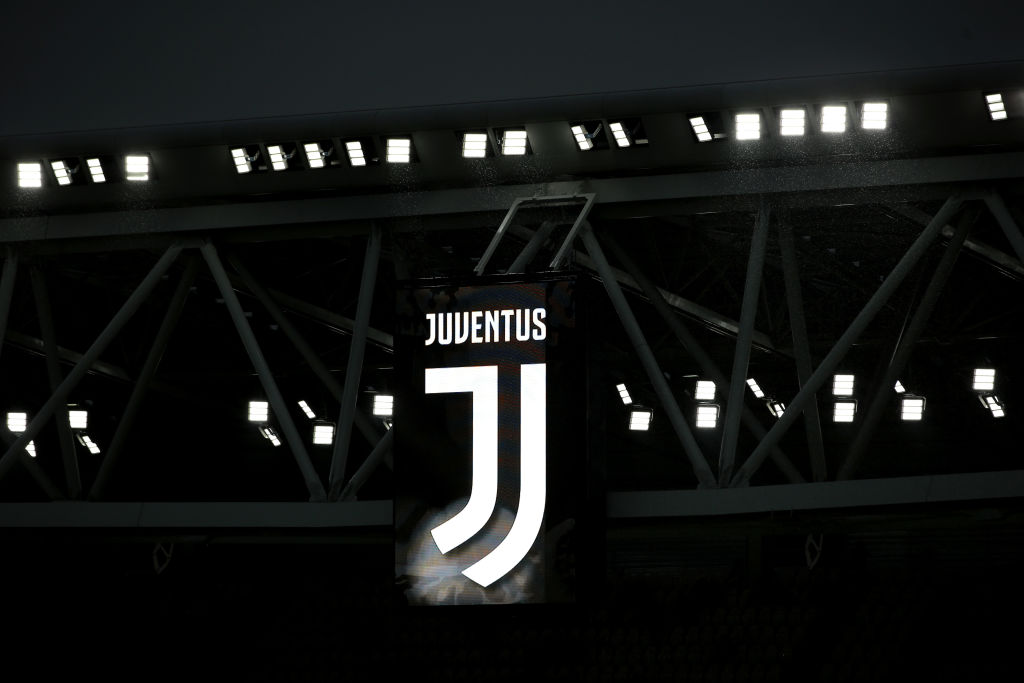Competition Law likely to have a place in sport long into the future

Although historically associated more with corporate CEOs in smoke-filled rooms than the world of sport, competition law has certainly hit the back pages in 2021.
The ever-increasing commercialisation of sport means that this crossover is only likely to continue and, in the case of football, could soon ultimately decide the future.
European Super League
While any immediate plans for a European Super League were scrapped following the public outcry that led to nine of the founding clubs announcing their intention to withdraw, Real Madrid, Barcelona and Juventus refuse to back down.
The three clubs are taking Uefa and Fifa to court, arguing that the governing bodies infringe EU competition law due to their dual roles as regulators and organisers of football competitions. The argument runs that this conflict of interest has led to an abuse of their position to prevent the creation of rival tournaments.
In response, a spokesperson for Uefa reportedly commented that European institutions have previously recognised and endorsed the dual role of sports governing bodies, adding that this combined role helps to ensure fair and coherent competition.
However, while it is true that in last year’s ruling in relation to the International Skating Union the General Court recognised that such a role is not illegal per se, this came with heavy caveats.
The ISU case concerned two Dutch professional speed skaters who complained to the European Commission that the ISU’s rules around pre-authorisation of events and punishments for skaters that compete in unauthorised competitions were anti-competitive.
In its judgment, the General Court made clear that where governing bodies such as the ISU take on the role of organiser and regulator, they should have transparent rules governing the authorisation of competitions organised by third parties, and proportionate punishments.
With that context, you can begin to see why the founding members of the European Super League might have felt their treatment by Uefa didn’t meet these standards.
However, the ISU decision has since been appealed, requiring the European Court of Justice to provide further clarity on the application of competition law to governing bodies. This will certainly be one to keep an eye on given the potential impact on the future of the European game.
Messi state of affairs
In a slightly more ambitious challenge, earlier this year a group of Barcelona fans filed a complaint with the European Commission claiming that the transfer of Lionel Messi to Paris Saint-Germain breached state aid rules.
EU state aid rules effectively seek to prevent governments from unfairly favouring a particular entity to the detriment of their competitors. The Barcelona fans’ complaint therefore alleged that the French financial fair play rules are more lenient than those applied in Spain and that this constitutes an attempt by the French to artificially support the activities of Paris Saint-Germain, to the detriment of other European clubs.
However, EU state aid rules only regulate the actions of EU member states and so require the relevant benefit to flow from the resources of a particular member state. The rules do not apply to third countries, like Qatar.
With the financing of PSG not obviously linked to the French state, it is difficult to see this challenge succeeding. Nonetheless, it provides another example of the increasing willingness of claimants to deploy competition law in a sports context.
Call my agent
This trend isn’t limited to football. Last year Saracens lost their competition law challenge of Premiership Rugby’s salary cap rules and another challenge may arise in the context of the ongoing dispute between premiership rugby clubs and their players’ agents.
Last month the dispute between clubs and agents reportedly went to mediation following agents downing tools in protest at the clubs’ refusal to pay player agent commissions directly.
From the agents’ perspective, such a refusal has the potential to squeeze them out – a concern often at the heart of investigations and disputes.
Given competition law’s focus on anti-competitive agreements entered into by competitors, it is not difficult to see the agents questioning how the clubs came to their position.
Neil Baylis (Partner) and Alex Jennings (Associate) are members of the Sports Group at Mishcon de Reya LLP
